Elevator Accident Attorney: Navigating Malfunction Claims & Rights

Elevator malfunctions pose significant risks leading to injuries or worse, making it crucial for vic…….
In today’s fast-paced world, elevators are an integral part of urban infrastructure, serving as vital transportation links within buildings and cities. However, with their frequent use comes the potential for accidents and injuries. This is where an elevator accident attorney steps into the spotlight, specializing in navigating the complex legal landscape surrounding elevator safety and liability. This comprehensive article delves into the multifaceted world of these attorneys, exploring their role, impact, and the broader implications on public safety and the built environment.
An elevator accident attorney is a legal professional specializing in personal injury cases arising from elevator malfunctions or accidents. Their expertise lies in interpreting state and federal regulations, insurance policies, and liability laws to ensure justice for individuals injured in such incidents. This specialization requires a deep understanding of the following key components:
Historically, elevator accidents have sparked public outrage and legal reform. Major incidents, such as the 1987 Kingda Ka roller coaster crash in New Jersey (which shared similarities with elevator malfunctions), led to stricter safety regulations and the birth of specialized legal practices. Today, these attorneys play a crucial role in holding responsible parties accountable, ensuring that victims receive fair compensation, and advocating for improved elevator safety standards.
The influence of elevator accident attorney is not confined to any single region; it is a global phenomenon with varying trends and impacts worldwide. Here’s an overview:
| Region | Trends and Impact |
|---|---|
| North America | Strict liability laws in many states put the onus of safety on elevator manufacturers and property owners, driving up industry standards. The U.S. has seen a surge in class-action lawsuits against maintenance companies for negligence. |
| Europe | The European Union’s Machine Directive sets out comprehensive safety requirements for elevators, with member states implementing their own regulations. Personal injury claims in Europe often involve complex cross-border issues due to the free movement of people and goods. |
| Asia Pacific | Rapid urbanization has led to a boom in high-rise buildings, increasing the demand for elevator services. Countries like China and Japan have seen an upsurge in elevator accident cases, prompting local law firms to specialize in this area. |
| Middle East | With megaprojets and iconic architecture, the Middle East hosts some of the world’s fastest elevators. Legal systems here are evolving to address unique challenges, with a focus on strict liability and product recall procedures. |
These variations highlight the need for locally specialized attorneys who understand cultural nuances, legal frameworks, and industry practices in their respective regions.
The elevator accident attorney market is influenced by several economic factors:
Technological innovations have a profound impact on the field of elevator accident attorney:
Key policies and regulations govern the elevator accident attorney landscape, ensuring public safety and providing a framework for legal disputes:
The field of elevator accident attorney faces several challenges and criticisms, some of which include:
To address these issues, attorneys can collaborate with engineers, safety experts, and medical professionals to strengthen cases. Additionally, public education campaigns can raise awareness about rights and responsibilities related to elevator safety.
In 2017, a high-rise tower in New York City experienced a power failure, causing an elevator to rapidly descend, injuring several passengers. A local elevator accident attorney firm took on the case, representing the victims against the building’s management company and the elevator manufacturer. Through meticulous investigation and expert witness testimony, they demonstrated negligence in both maintenance and safety protocols. The settlement resulted in significant compensation for the victims and improved safety standards across the city.
A similar incident to the Kingda Ka crash occurred at an amusement park, where a malfunctioning elevator left passengers stranded at great heights. This led to a series of legal actions and regulatory changes. A prominent elevator accident attorney group played a pivotal role in these reforms, advocating for stricter safety regulations and product liability laws specific to amusement park rides and elevators.
The future of elevator accident attorney looks promising with several emerging trends and growth areas:
The role of elevator accident attorney is vital in ensuring public safety, upholding justice, and driving innovation within the built environment. As elevators continue to evolve with technology, so too will the legal landscape surrounding them. These attorneys are at the forefront of this evolution, adapting to new challenges and technologies while advocating for safer elevators worldwide.
By understanding the complexities of elevator accidents, global trends, and the impact of technological advancements, both professionals and the public can navigate this specialized field with greater insight. The future holds immense potential for growth and reform, making it an exciting time for elevator accident attorneys to shape the safety of vertical transportation globally.
Q: What types of injuries are typically involved in elevator accidents?
A: Elevator accidents can result in a range of injuries, from minor cuts and bruises to more severe fractures, spinal injuries, or head trauma, depending on the nature of the incident.
Q: Who is responsible when an elevator breaks down?
A: Responsibility depends on various factors. Property owners are generally liable for maintaining safe elevators. Manufacturers may be held accountable if defects in their products cause accidents. In complex cases, multiple parties could share responsibility.
Q: Can I pursue a claim if the elevator accident happened outside of regular business hours?
A: Yes, claims can still be valid even if the incident occurred outside of typical operating hours. The key is to demonstrate that the elevator was in their control and that proper maintenance procedures were not followed.
Q: How long do I have to file a lawsuit after an elevator accident?
A: Time limits vary by jurisdiction, typically ranging from one to three years from the date of the incident. It’s crucial to consult with an attorney promptly to ensure your rights are protected.
Q: What if the elevator manufacturer is based in another country? Can I still sue them?
A: Yes, cross-border legal actions are possible. International laws and treaties facilitate claims against foreign companies. An experienced elevator accident attorney can guide you through this process.

Elevator malfunctions pose significant risks leading to injuries or worse, making it crucial for vic…….
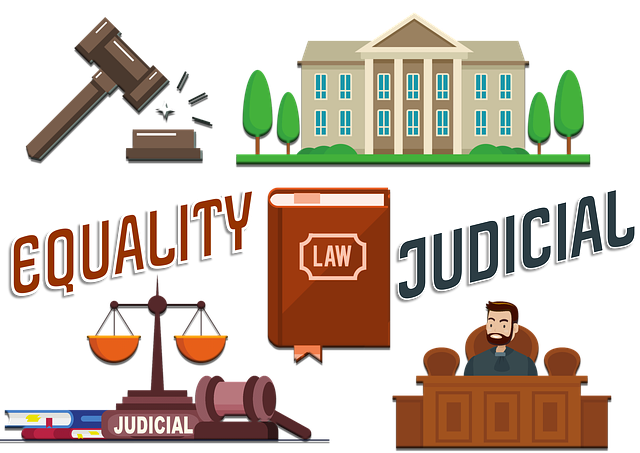
Elevator accidents, caused by negligence, mechanical failures, or improper maintenance, can result i…….
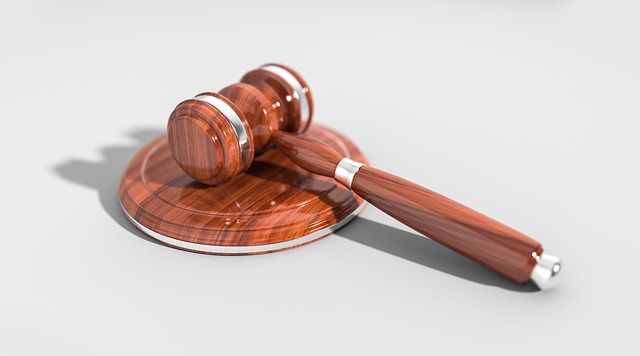
Elevator accidents can cause severe injuries and fatalities, prompting victims to seek elevator acci…….
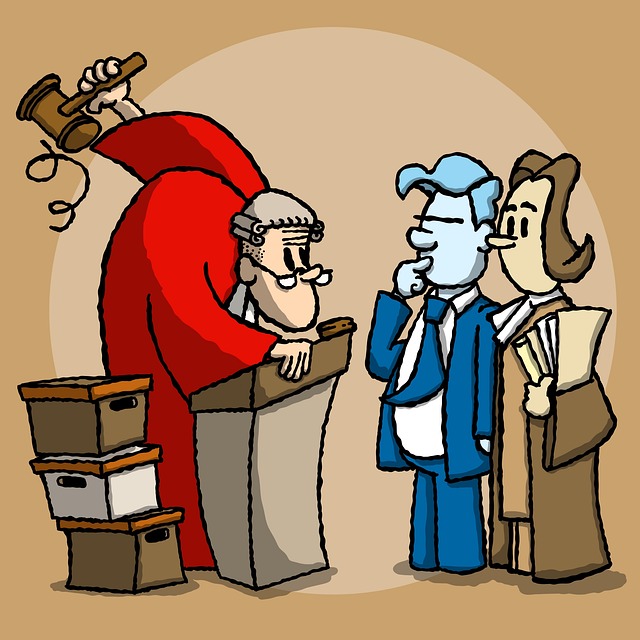
Elevator accident attorneys specialize in personal injury and wrongful death cases stemming from ele…….
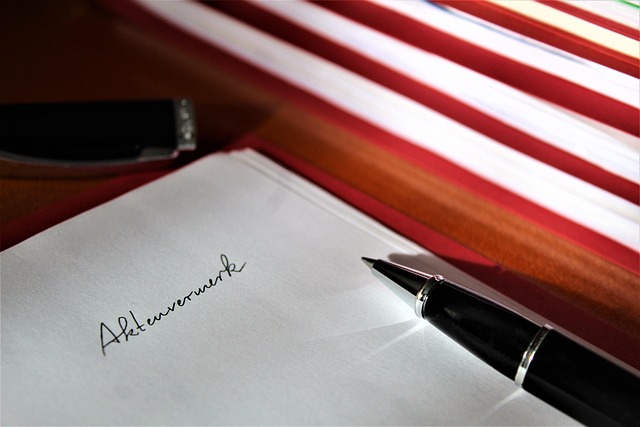
Elevator accidents pose complex liability challenges, requiring specialized knowledge from an elevat…….

After an elevator injury, immediate steps include seeking medical care, documenting details, and con…….

Elevator accidents can cause severe injuries and legal complexities, making an elevator accident att…….
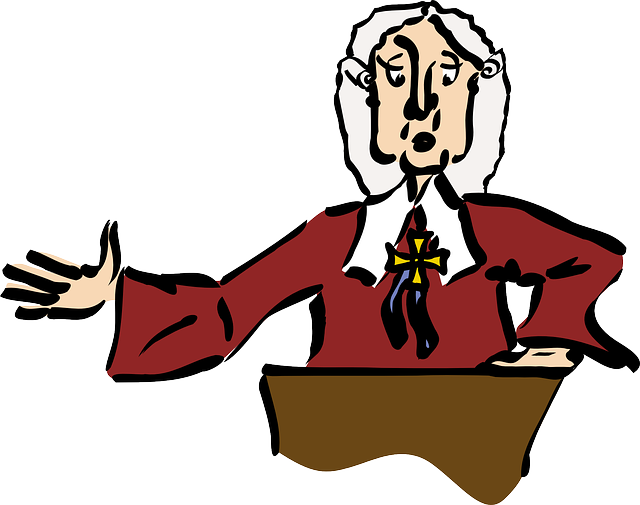
Elevator accident attorneys specialize in complex personal injury cases stemming from defective elev…….

Elevator accidents can cause severe injuries and fatalities, emphasizing the importance of understan…….
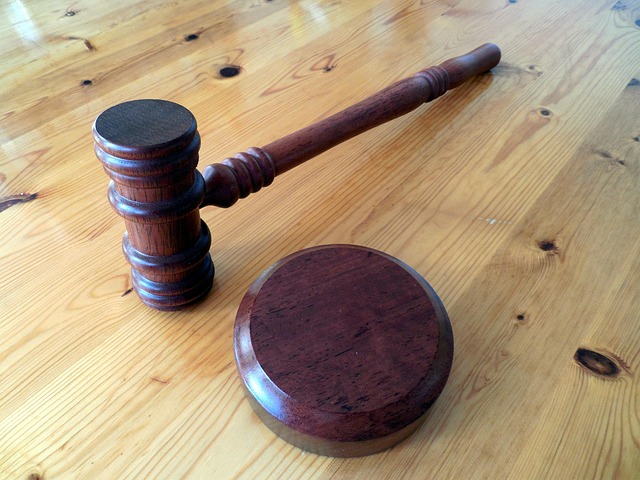
Elevator accidents pose serious risks and complex legal situations, with victims needing guidance to…….